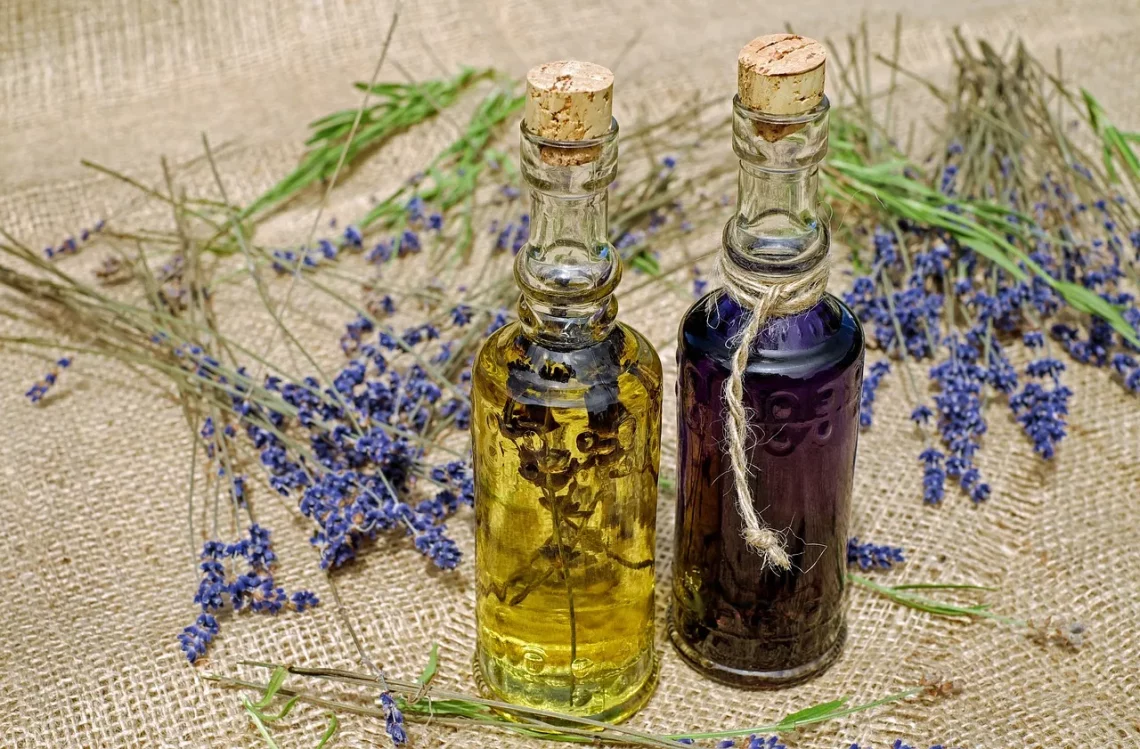
Top Alternatives to Grapeseed Oil for Cooking and Skincare
Cooking oils are an essential part of any kitchen, and choosing the right one can significantly impact both your culinary creations and your health. While grapeseed oil has gained popularity for its high smoke point and mild flavor, it may not be the best option for everyone. Whether due to dietary preferences, allergies, or simply a desire for variety, many individuals seek alternatives that can serve the same purpose in cooking and skincare. The versatility of cooking oils means there are numerous options available, each with its unique properties, benefits, and flavors.
When exploring different oils, it’s important to consider factors such as nutritional content, cooking properties, and potential allergens. Each oil brings its own set of benefits to the table, ranging from healthy fats to vitamins and antioxidants. Additionally, certain oils may be more suitable for specific cooking methods, such as frying, roasting, or dressing salads. In skincare, oils can provide hydration, nourishment, and protection for the skin, making them valuable for both culinary and cosmetic purposes.
Understanding the alternatives to grapeseed oil can empower you to make informed choices that align with your dietary needs and lifestyle preferences. This exploration will not only enhance your cooking experience but also contribute to your overall well-being. Let’s delve into some of the top alternatives that can seamlessly replace grapeseed oil in your kitchen and skincare routine.
Extra Virgin Olive Oil: A Classic Choice
Extra virgin olive oil (EVOO) is a staple in kitchens around the world and is often celebrated for its numerous health benefits. This oil is made from pure, cold-pressed olives, preserving its natural flavor and nutrients. The high levels of monounsaturated fats found in EVOO make it a heart-healthy option, promoting good cholesterol levels while reducing bad cholesterol.
One of the most significant advantages of using extra virgin olive oil is its versatility. It can be used for sautéing, roasting, and even drizzling over salads and vegetables. Its robust flavor enhances a variety of dishes, making it an excellent choice for Mediterranean cuisine. Additionally, the presence of antioxidants, such as vitamin E and polyphenols, contributes to its anti-inflammatory properties, promoting overall health.
In skincare, EVOO functions as a moisturizing agent that can nourish and hydrate the skin. Its rich content of antioxidants helps combat oxidative stress, potentially reducing the signs of aging. Whether used as a natural moisturizer, in homemade scrubs, or as a base for hair treatments, olive oil is a fantastic alternative for those seeking both culinary and skincare benefits.
To maximize the health benefits of extra virgin olive oil, it’s best to store it in a cool, dark place and use it within a reasonable timeframe to prevent oxidation. This oil not only elevates your cooking but also offers a plethora of skincare benefits, making it a well-rounded alternative to grapeseed oil.
Coconut Oil: The Versatile Superfood
Coconut oil has surged in popularity over recent years, praised for its unique flavor and numerous health benefits. Extracted from the flesh of coconuts, this oil is rich in medium-chain triglycerides (MCTs), which are known for their ability to provide quick energy and support metabolism.
In cooking, coconut oil is particularly favored for baking and frying due to its high smoke point. This property makes it suitable for a variety of cooking methods, while its subtle coconut flavor can enhance the taste of certain dishes, especially in tropical or Asian cuisines. Furthermore, coconut oil is solid at room temperature, making it an excellent alternative for recipes that require a solid fat, such as pie crusts or cookies.
Beyond the kitchen, coconut oil is a powerhouse in skincare. Its natural antibacterial and antifungal properties make it an effective moisturizer for the skin, helping to combat dryness and irritation. Many people also use coconut oil as a makeup remover or hair conditioner, thanks to its ability to penetrate the hair shaft and provide deep hydration.
While coconut oil is versatile, it’s important to consume it in moderation due to its high saturated fat content. Incorporating it into a balanced diet can yield numerous benefits, both in cooking and skincare, making it a valuable alternative to grapeseed oil.
Avocado Oil: Nutrient-Rich and Flavorful
Avocado oil is increasingly recognized as a premium cooking oil, known for its impressive nutritional profile and rich flavor. Extracted from the fleshy pulp of avocados, this oil is high in monounsaturated fats, vitamins E and K, and antioxidants, making it an excellent choice for health-conscious individuals.
One of the standout features of avocado oil is its exceptionally high smoke point, which is ideal for frying and sautéing. This characteristic allows the oil to maintain its stability at high temperatures without breaking down, making it suitable for a variety of cooking methods. The mild, buttery flavor of avocado oil enhances dishes without overpowering them, making it a fantastic choice for salad dressings, marinades, and roasted vegetables.
In skincare, avocado oil is celebrated for its moisturizing properties. Rich in oleic acid, it penetrates deeply into the skin, providing hydration and promoting elasticity. It’s also beneficial for sensitive skin, as it can help soothe irritation and redness. Many people incorporate avocado oil into their skincare routines, using it as a facial oil or in homemade beauty treatments.
When selecting avocado oil, it’s best to choose extra virgin varieties to ensure you’re getting the highest quality product. With its impressive health benefits and versatility in both cooking and skincare, avocado oil stands out as a top contender among alternatives to grapeseed oil.
Sunflower Oil: A Light and Affordable Option
Sunflower oil is a widely used cooking oil that offers a light flavor and high smoke point, making it a practical choice for a variety of culinary applications. Extracted from sunflower seeds, this oil is high in polyunsaturated fats, particularly omega-6 fatty acids, which can be beneficial when consumed in moderation.
One of the key advantages of sunflower oil is its affordability and availability. It is often used in commercial kitchens and households alike for frying, baking, and sautéing. The neutral flavor of sunflower oil allows it to blend seamlessly into a variety of dishes without altering their taste.
In terms of skincare, sunflower oil is rich in vitamin E, an antioxidant that helps protect the skin from environmental stressors. Its lightweight texture makes it suitable for all skin types, providing hydration without clogging pores. Sunflower oil can be used as a carrier oil for essential oils or as a base in homemade skincare products, offering a budget-friendly solution for those looking to enhance their beauty routine.
While sunflower oil is a reliable option, it’s important to use it in moderation due to its omega-6 content. Balancing it with omega-3-rich foods can help maintain a healthy fatty acid ratio in the diet. Overall, sunflower oil serves as a practical and versatile alternative to grapeseed oil in both cooking and skincare.
—
**Disclaimer:** This article is for informational purposes only and does not constitute medical advice. For any health-related concerns or conditions, consult a qualified healthcare professional.




